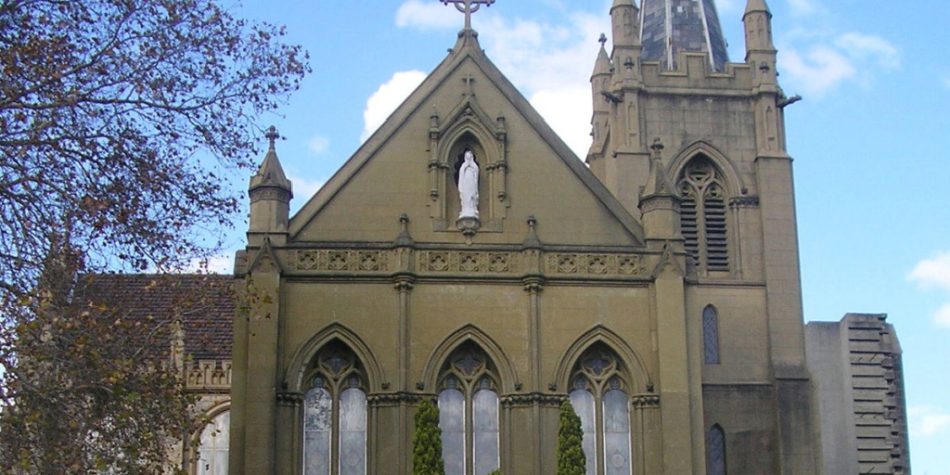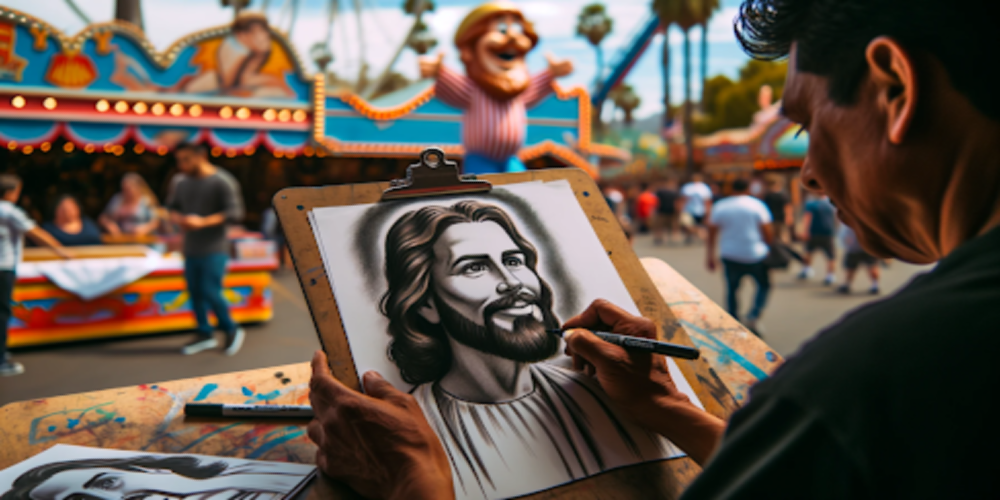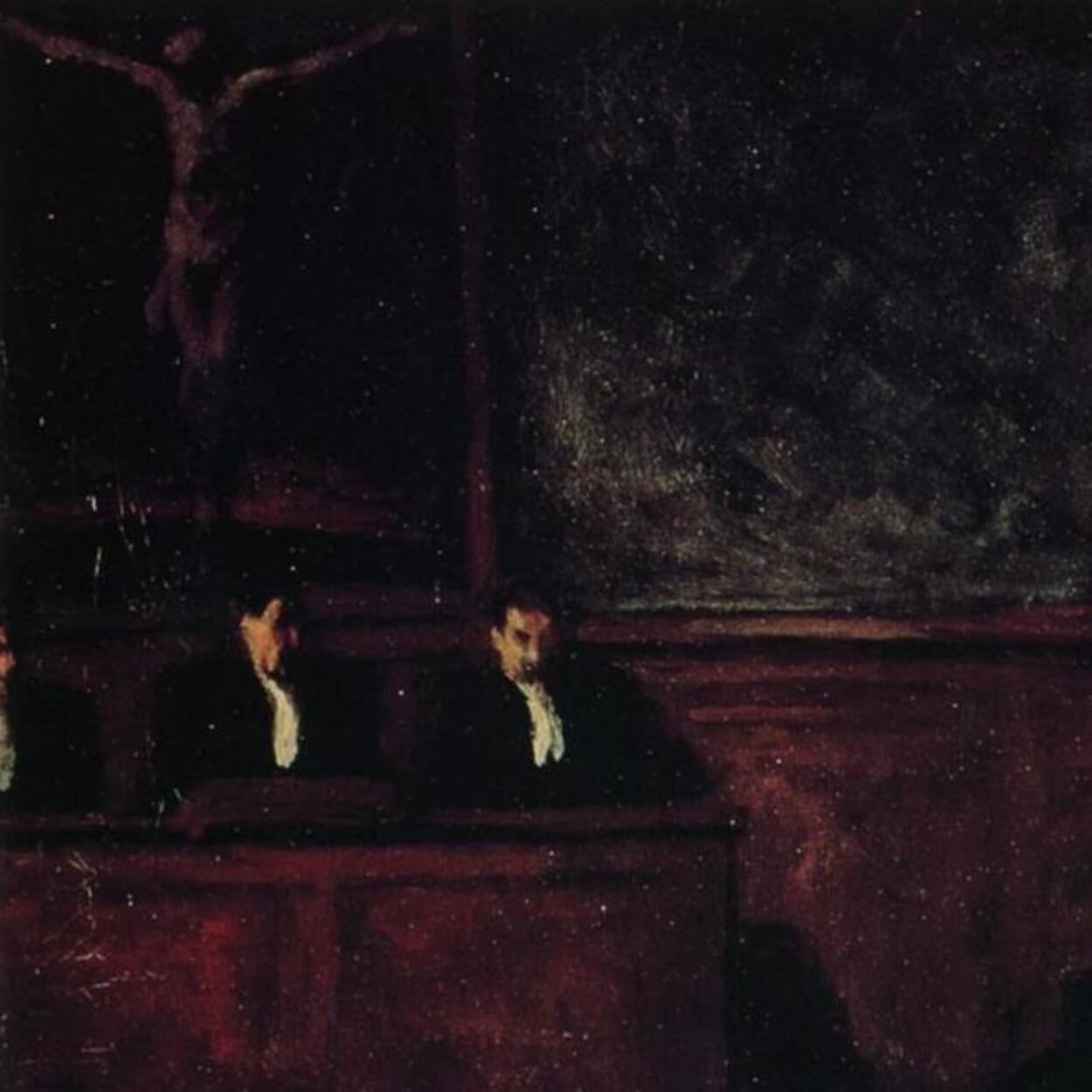Articles on “pastoral burnout” are easy to find lately, mostly because of the added burden on pastors trying to shepherd their congregations through a pandemic. The Barna Group, a leading research organization focused on the intersection of faith and culture, conducted a survey showing that almost 40% of pastors in America had thought about leaving the ministry in 2021. This is an increase of 9% over 2020 with younger pastors especially likely to feel like quitting. Even high-profile pastors in good standing have resigned.
A quarter of pastors were concerned about their physical and mental (and spiritual) health. Most felt like the end of the pandemic would not be the relief some expect.
First Things reported on the Barna survey and laid out some reasons for the pastoral fatigue religious leaders are experiencing. One important factor is the lack of support from American society as a whole, which began to pivot in the mid-2010s. As described by Carl R. Trueman in his new book Strange New World, a philosophy of “expressive individualism” is becoming ubiquitous in America. One’s sense of self, instead of coming from family, faith, and nation as it once did, is being shaped by social forces exerted through social media and internet niches of “information.” For increasing numbers, “feelings” have become the highest authority and all things must honor and support their direction. The unforgivable sin is to not honor a person’s inner sense of what they need and want, or their chosen self-identity.
Accompanying this trend—perhaps even arising directly from it—is a resurgent distaste for organized religion generally, swerving towards hostility for many people. Whereas society used to appreciate, sustain, and respect churches, the pendulum is swinging hard the other way. With decreasing support from society at large and confronted by this trend towards expressive individualism, pastors also face the atomization of their flocks. With every decision, there are congregants who rebel, complain, and even drop out. With Protestants able to shop for a congregation and pastor they like, pastors face a consumerist dilemma as well as a spiritual maelstrom. Whereas society used to appreciate, sustain, and respect churches, the pendulum is swinging hard the other way.
This “negative world-view regarding organized religion has created increasing levels of pressure from outside these churches, such as the very real risk of being “canceled” for saying the wrong thing according to the views of “woke” society. This same negativity has also led to a culture war within evangelicalism as various ministry strategies have deformed in the face of growing secular hostility. Teachings on many issues, including race, are causing divisions in churches just as they are in schools and other institutions. It is now nigh impossible for pastors to avoid high-pressure and often high-stakes conflict situations. These extraordinary pressures are affecting not just the evangelical world but the church more broadly, including Catholics and mainline Protestants.
As congregants are influenced by expressive individualism and the hostility to organized religion in American culture, they ultimately begin to individualize their religious beliefs and practices. Thus, pastors and priests, who occupy the role to train their flocks in true doctrine and practices, find their members increasingly practicing “cafeteria religion,” where they feel they have the right to pick and choose what to believe and how to act. A 2018 religious survey showed that 32% of Evangelicals see religious belief as “a matter of personal opinion [and] not about objective truth” representing, effectively, “a denial of the objective nature of Jesus’ salvific work.” This survey also showed that a majority visualized the Holy Ghost as a force rather than a being.
Struggling to Survive
David French is an American political commentator, a theologically conservative traditional Christian, and a former attorney who has argued high-profile religious liberty cases. He’s also a remarkable journalist, able to discern and analyze the problems facing religions, especially where they interact with politics and the culture at large. Recently, he published a discussion between him and Curtis Chang, pastor of The River Church Community in San Jose, CA, and a noted theologian. The discussion is called, “When Pastors Head for the Exits.”
Chang brings up the necessity of getting “butts in seats” in order for an evangelical pastor to make a decent living and support the workings of the congregation and building facilities. Bringing in new members is a matter of the highest importance for both the congregation and the pastor to survive. Within this unique American atmosphere today, once again, people come for “the feels” because they are expressive individualists looking for personal fulfillment. Pastor Chang said, “you know we have to provide a rock concert and a TED talk every Sunday.” This is a huge burden for a pastor, especially one who leads a small congregation. Pastors of congregations of fewer than 250 members are the most likely to give up. Many pastors have large families and are paid poorly. Some advise entering the ministry later in life after succeeding in a worldly profession. Others recommend some sort of part-time occupation or investment plan in place for the duration. This adds hours and mounds of worry for a pastor even if it does somehow ease financial burdens.
All this explains why there’s a lot of advice out there for potential pastors who wish to “plant” a church, and why a lot of it is financial, even though a burning faith and a strong sense of calling drive every new pastor. Essentially, what they are facing is starting a business from the ground up. Best business practices are important.
Catholicism and Judaism also have paid, professional clergy. Potential Catholic priests must complete over 20 credit hours in undergraduate philosophy and then four years in seminary and one year as a transitional deacon. Potential rabbis must invest in the education necessary, including up to 5 years of rabbinical training from an accredited seminary studying the Torah, Talmud, Mishnah, Jewish history, and Hebrew language, and taking psychology courses, community outreach courses, public speaking courses, and teaching courses. This five-year course of study often begins after the student has earned a bachelor’s degree.
If all of this sounds daunting to you, then perhaps it’s not surprising that there is now a dire shortage of Catholic priests and Jewish rabbis. There is an opportunity for both, if they are practicing and suffering from burnout, to use their education and experience to veer into other fields, especially in education, counseling, or consulting. But both faiths are in crisis because of a lack of clergy.
Because of this, Catholic leadership receives constant petitions to ordain priests who are married. From 1970 to 2020, the number of priests in the U.S. dropped by 60%, according to data from the Georgetown center. This has left more than 3,500 parishes without a resident pastor. This crisis is exacerbated by a spiritual schism in the church between conservative and liberal Catholics who are beginning to view the Pope as more of an advisor than an oracle. Catholics are engaging in cafeteria religion en masse, as about 60 percent of the couples that come for marriage preparation in the Catholic Church are already living together and many Catholics do not consider cohabitation a sin.
Potential Rabbis were once drawn by the hope of leading large, vibrant congregations. Now, influenced by American culture’s sway towards individual fulfillment, rabbinical students are looking for other ways to thrive. Congregational leaders are aging out and there are few young, new rabbis to replace them. The Cincinnati campus of Hebrew Union College will soon close because of falling enrollment. This year, 80 Conservative Jewish congregations are looking for rabbis but only 23 rabbinical students will graduate and become available to take their place.
The Church of Jesus Christ of Latter-day Saints
Yes, the Church of Jesus Christ is feeling the effects of the spread of expressive individualism too. Members are influenced by the pull of these philosophies and there is contention over race, gender, and politics—along with the same pernicious pattern of picking and choosing among doctrines and policies. The prophet, his apostles, seventies, and auxiliary leadership of the church are united in declaring the doctrines of the church and the necessity of following the path Christ has established that leads to eternal life. The Latter-day Saint experience can inform and encourage our Christian brothers and sisters.
The congregations (wards) that members attend are assigned to them by geographical location, so shopping for a pastor who gives great sermons is not an option. Most of this is to avoid what the Book of Mormon calls “priestcraft,” which is “men preaching and setting themselves up for a light to the world that they may get gain and praise of the world.” It’s stressful to be a Latter-day Saint bishop—much like it is stressful to be a congregational leader in any church—but many stressors that professional clergy face are absent and the term of leadership is intentionally short. The downside may be a lack of training, but counsel from leaders up the chain of authority, along with multiple supportive church resources, are a help. Most importantly, personal revelation is the key to a successful ministry, and leaders are trained in ways to access help from the Holy Spirit directly.
There’s a crisis in pastoral leadership in America today and churches will have to be exceptionally creative to address it and fix it. Perhaps there are lessons we can learn from each other—and ways the Latter-day Saint experience can inform and encourage our Christian brothers and sisters. The faith of many hangs in the balance.

















